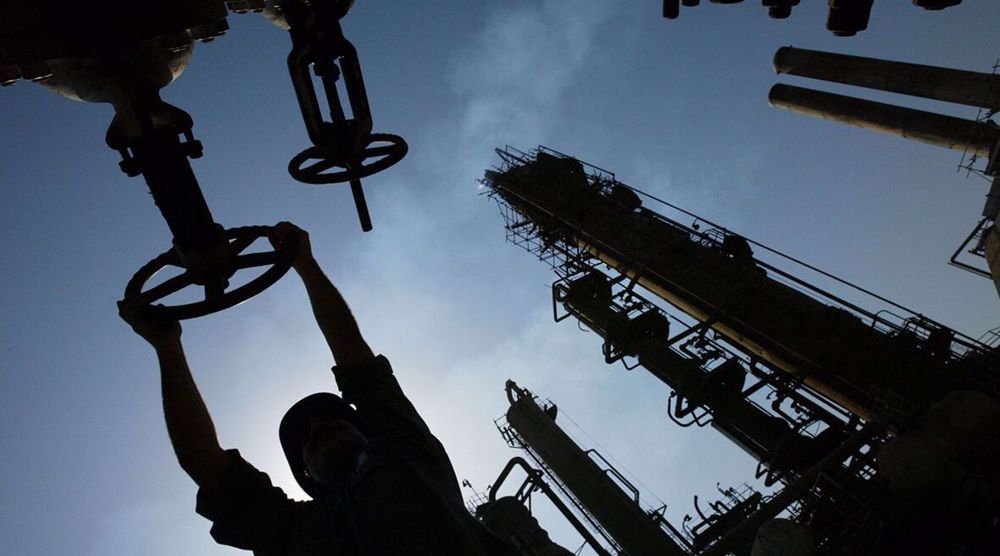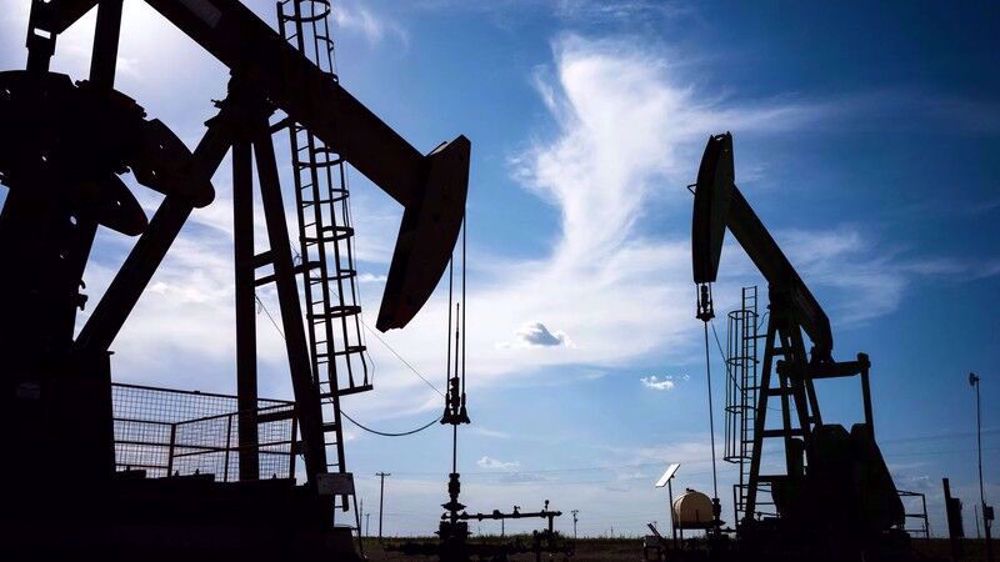Russia imports first lot of tomatoes from Syria as Turkey ban stays in place
A Russian company has imported the first lot of tomatoes from Syria as Moscow keeps its restrictions on importing some food items from Turkey.
Aslan Panesh, the chief executive of Russia’s key food importer Adyg-Yurak told Tass news agency on Wednesday that the first consignment of 50 tons of tomatoes had already been delivered to the Black Sea port of Novorossiysk.
The Adygea-based company plans to import over 6,000 tons of vegetables and fruits from Syria’s Latakia and Tartus provinces by the end of this year, he noted.
"Plans on supply of products from Syria we tried to implement over the last two years are eventually brought into life. The first 50-ton lot of tomatoes was delivered by water transport to Novorossiysk and has already appeared on shelves of Magnit chain stores. Russia’s import of vegetables and fruits from Latakia and Tartus will be up to 6,000 tons," Tass quoted Panesh as saying.
"We plan to achieve import of 80-90 thousands of vegetables and fruits per year from Syria in spring 2018. To this end we invest $5-10 million into organization of deliveries. Vegetable and fruit packaging aspects are also discussed now; the company intends to set up internal packaging shops for each kind of product," Panesh added.
The company plans to import potatoes, onions, tomatoes, sweet cherry, cauliflower, aubergines, plums and peaches from the Syrian provinces less affected by the ongoing foreign-backed militancy across the Arab country.
The partial lull in fighting in Syria has enabled the country to export fruits and vegetables to Russia.
Russia’s Kommersant business daily in late March reported that about 3,000 tons of oranges, lemons, grapefruits and cabbage were imported from Syria.
Russia imposed a food import ban on Turkey after a Turkish jet shot down a Russian military plane over Syria in November 2015.
In March 2016, Turkish Deputy Prime Minister Mehmet Simsek said the ban could cost his country’s economy $3.1 billion that year.
Reports earlier said Russia was also negotiating with several other countries including Iran to increase food imports to fill the gap created by the ban on imports from Turkey.
Russia doesn’t budge on Tomato ban from Turkey
In a separate move on Wednesday, Russia’s President Vladimir Putin signed a decree on the removal of some of special economic measures against Turkey.
But some restrictions would stay in place, including the import ban on Turkish tomatoes.
Kremlin spokesman Dmitry Peskov (seen below) confirmed that the relief does not concern the supplies of "infamous tomatoes" from Turkey to Russia.

"During the talks (between the Russian and Turkish presidents) in Sochi on May 3 they stated that those restrictions that had been imposed earlier would be removed," Peskov told reporters in Moscow.
According to him, the signing of the decree today was meant "to formalize those agreements."
President Putin said the ban would remain in place long enough to give Russian tomato farmers time to recoup the investments they had made to boost output since the restrictions were introduced.
Putin met his Turkish counterpart Recep Tayyip Erdogan to put bilateral relations back on track at their May 3 summit in the southern Russian resort town of Sochi.
Israeli strikes on north Gaza hospital ‘extremely dangerous, terrifying’: Director
VIDEO | Yemen targets Tel Aviv with Palestine 2 missiles
Pezeshkian: Iran resolved to complete North-South Transport Corridor
VIDEO | Iran-Syria: For Resistance
Qassam Brigades claims killing 3 Israeli troops in northern Gaza
More alive than ever: Sayyed Hassan Nasrallah's legacy grows stronger in martyrdom
Occupation of Syria’s highest peak Mount Hermon part of ‘Greater Israel’ project
Iran: Syrian people will decide their future without foreign interference










 This makes it easy to access the Press TV website
This makes it easy to access the Press TV website